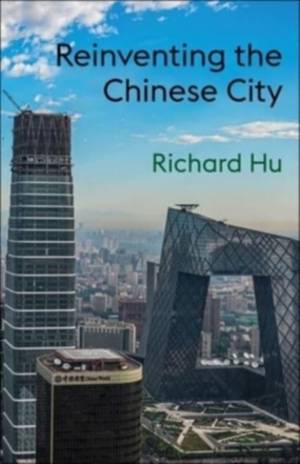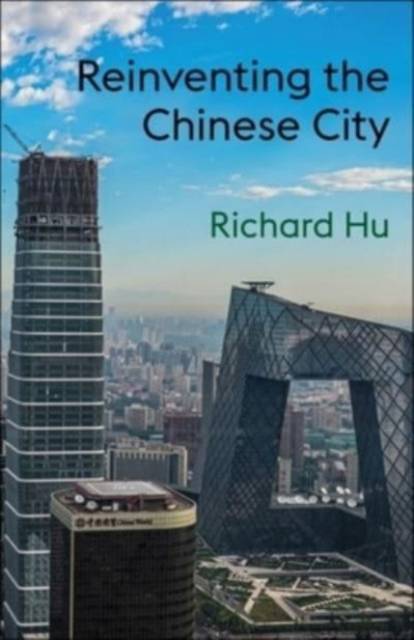
- Retrait gratuit dans votre magasin Club
- 7.000.000 titres dans notre catalogue
- Payer en toute sécurité
- Toujours un magasin près de chez vous
- Retrait gratuit dans votre magasin Club
- 7.000.000 titres dans notre catalogue
- Payer en toute sécurité
- Toujours un magasin près de chez vous
Description
Since the late 1970s, China has undergone perhaps the most sweeping process of urbanization ever witnessed. This is typically understood as a story of growth, encompassing rapid development and economic dynamism alongside environmental degradation and social dislocation. However, over the past decade, China's leaders have claimed that the country's urbanization has entered a new stage that prioritizes "quality." What does China's new urban vision entail, and what does the future hold in store?
Richard Hu unpacks recent trends in urban planning and development to explore the making and imagining of the contemporary Chinese city. He focuses on three key concepts--the "green revolution," "smart city movement," and "great innovation leap forward"--that have become increasingly influential. Through case studies of Beijing, Hangzhou, and Hefei, Hu analyzes how attempts to achieve greater sustainability, promote data-driven governance, and foster innovation have fared on the ground. He also considers the experimental city Xiong'an in terms of China's idealized vision of the urban future and investigates how the recent experiences of Hong Kong relate to regional and national development projects. Reinventing the Chinese City provides a careful accounting of the ideas that have dominated urban policy in China since 2010, emphasizing key continuities underlying claims of novelty. Shedding light on the transformations of the Chinese city, this book offers a new perspective on the factors that will shape the trajectory of urbanization in the coming decades.Spécifications
Parties prenantes
- Auteur(s) :
- Editeur:
Contenu
- Nombre de pages :
- 320
- Langue:
- Anglais
Caractéristiques
- EAN:
- 9780231211017
- Date de parution :
- 10-10-23
- Format:
- Livre broché
- Format numérique:
- Trade paperback (VS)
- Dimensions :
- 145 mm x 218 mm
- Poids :
- 385 g







